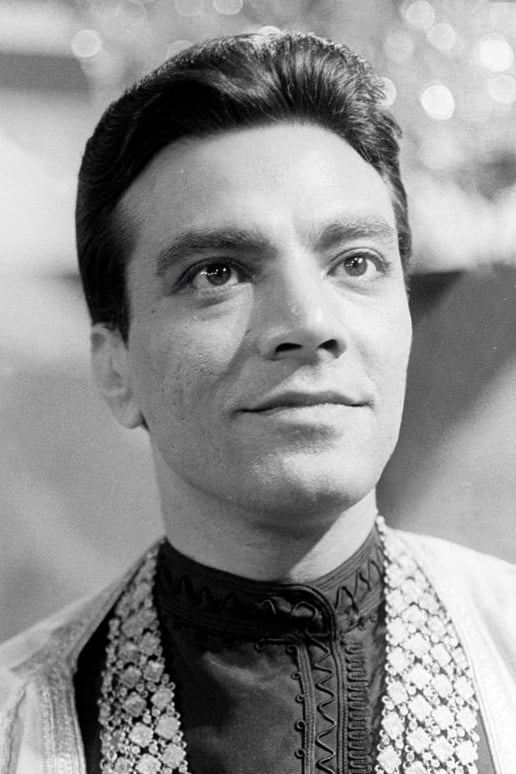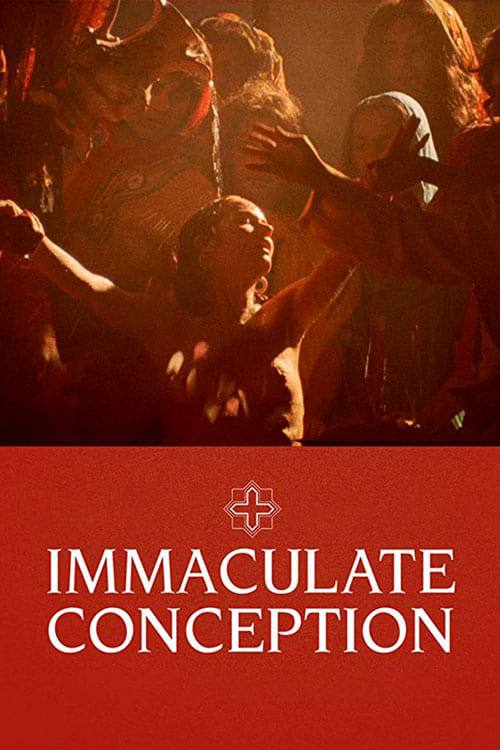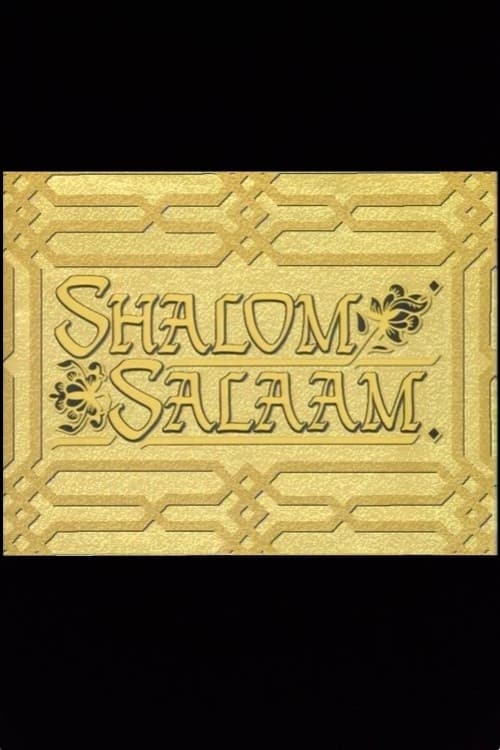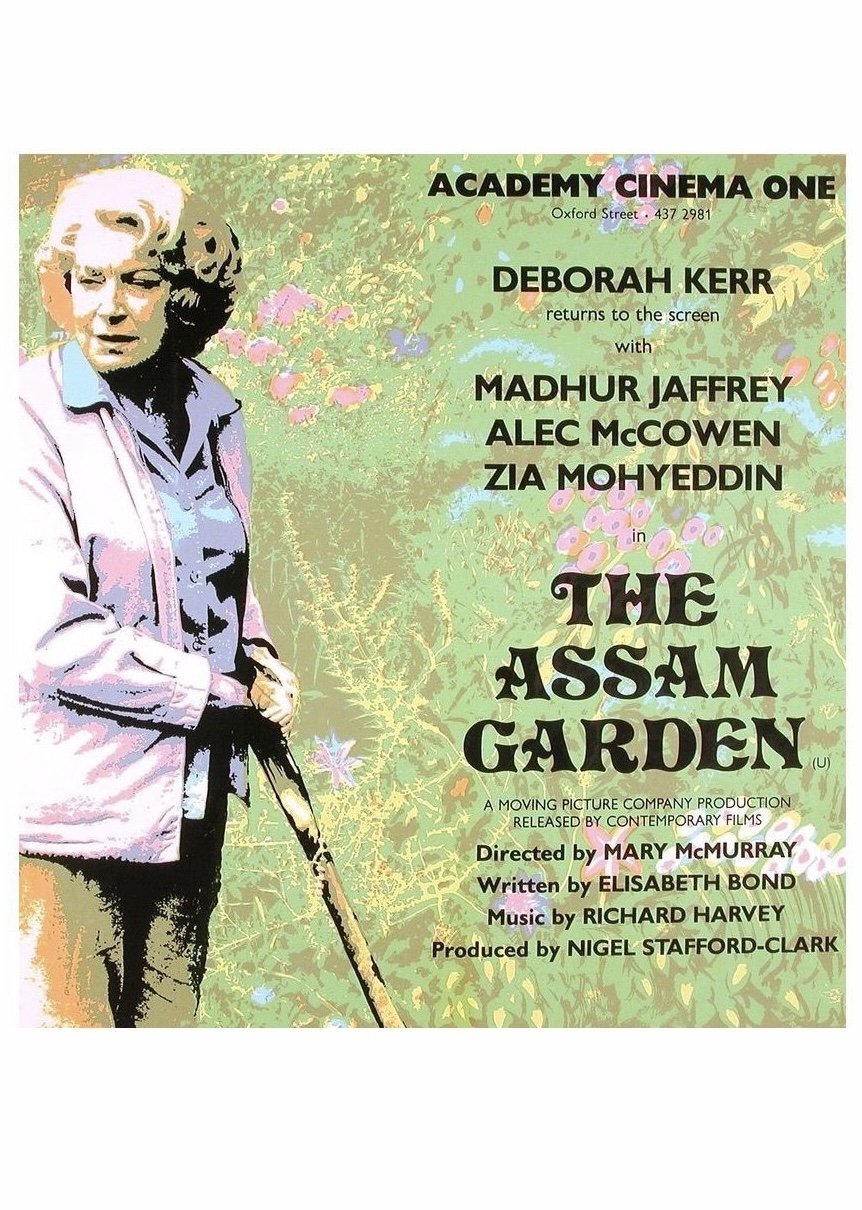
As the sun sets on the British Empire, the British rulers of the Indian subcontinent prepare to divide the region into two independent states: India and Pakistan. For the diverse native population, freedom comes at a cost and ethnic violence sweeps the region. On the eve of Pakistani independence in 1947, Arastu Jan, a troubled and isolated native servant to a British master, takes a dose of poison and finds himself with ten minutes to record the confession of his brief lifetime.

Alistair, a British representative for a wildlife conservation agency based in Karachi and his Jewish-American wife Hannah have been unsuccessful at conceiving a child. Over time, the desire to have a child begins to consume Hannah and she persuades a reluctant Alistair to go with her for three days to a fertility shrine. After a ceremony during which Hannah converts to Islam and coaxes Alistair to do the same, she becomes pregnant. But Hannah’s joy at the discovery of her pregnancy is overshadowed by worsening relations with Alistair who has started an affair with their friend Samira and tensions begin to mount when eunuchs from the shrine start to harass the couple.

Two disparate families become intertwined when a Jewish man and a Muslim woman fall in love while attending college.

An idealistic former soldier helps unite and house ethnic minorities in a run down area of London's east end

An insecure, aggressive widow of a tea garden manager reluctantly develops an affectionate relationship with an Indian housewife and her family.
Zia Mohyeddin (June 20, 1931 - February 13, 2023) was a British-Pakistani actor, producer, director, and television broadcaster known for his extensive work in both Pakistani cinema, television and stage, as well as British cinema, television and stage. Regarded as a polymath, he was awarded the Hilal-i-Imtiaz, the second-highest civilian honour in Pakistan, and the Sitara-i-Imtiaz, the third-highest civilian honour in Pakistan.
By browsing this website, you accept our cookies policy.